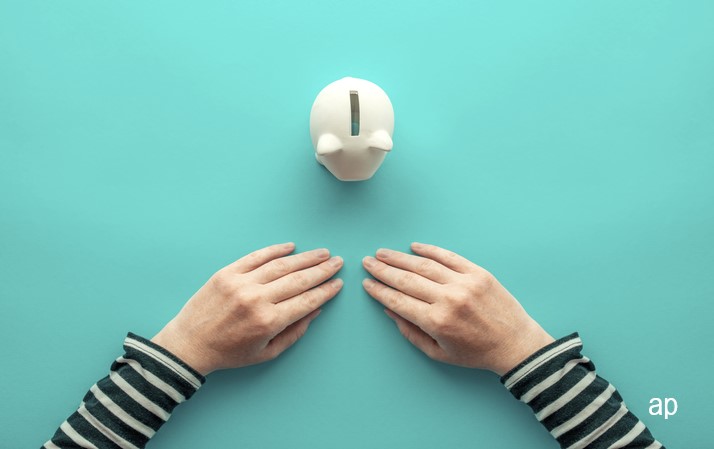Holly Black: Welcome to Morningstar. I'm Holly Black. With me is Rosanna Burcheri. She is Manager of the Artemis Global Select Fund. Hello.
Rosanna Burcheri: Hi.
Black: So, do you want to just tell us briefly what the fund does?
Burcheri: Yes. So, the Artemis Global Select strategy is a long only equity fund with the main aim of growing capital over five years.
Black: So, what are a couple of the trends that you're particularly following?
Burcheri: So, one that we have been watching for ages has been the automation and effectively, it's a long-term trend that if you think about solve a lot of the problems in terms of high cost base in terms of salary, high cost base in terms of transport and above all, one of the question of CFO or CEO that are thinking where I'm going to put my next factory. Shall I still put it in Asia? Or can I bring it a little bit closer nearby? Now, it's a trend that as you can imagine has been being incredibly accelerated by the Covid in the sense that without even as planning the fact that you need to have this social distance is now triggering a lot of decision by corporate to actually fully automatise the production chain.
Black: Well, exactly. Covid has really dominated every part of our lives this year and our investment world as well. Has it affected the portfolio in a big way? Have you had to make many changes?
Burcheri: So, fortunately, as we have always been very conscious in focusing on this long-term trend, in a certain way, we were already exposed to the trends that were already happening. Fortunately, some of them have been accelerated by the Covid. And another good thing – so, we entered in January with a very defensive in a certain way portfolio if you can say that. One of the bases of the way we do our stock picking, because at the end the fund is driven – the performance has been driven by stock picking – is really paying attention to the valuation. We don't like a lot of this discussion between growth and value. We look for companies to exploit this long-term trend, but we're very, very careful in terms of valuation. By definition, we were not exposed to the most cyclical part of the economy. So, we entered the Covid crisis with a well set up portfolio. Now, the beauty has been also being able to buy companies that before we couldn't afford because of valuation.
Black: But you've also got quite a sizable exposure to emerging markets. I know a lot of those countries have really struggled this year with the coronavirus. Has that been an issue?
Burcheri: No. The main exposure that we have in emerging markets right now and probably you have to look at the portfolio is mainly to China. So, in a certain way, yes, it was struck early by the Covid. But because of the nature of the thematic approach that we have, we are exposed to the online services. So, the Alibaba and Tencent of this world. We were exposed to some Chinese port – say, yes, you had a little bit of a slowdown because of the completely frozen economy across the world. But in reality, this crisis has been really different from the 2008 and 2009. Trade and commerce have continued, and as you can imagine, online services have incredibly accelerated. So, the fund was positioned in a certain way with an exposure to emerging markets was mainly China. What you say is true. But we were not exposed to Brazil or Mexico or to other Southeast Asian countries that were deeply affected.
Black: Rosanna, thank you so much for your time. For Morningstar, I'm Holly Black.




























